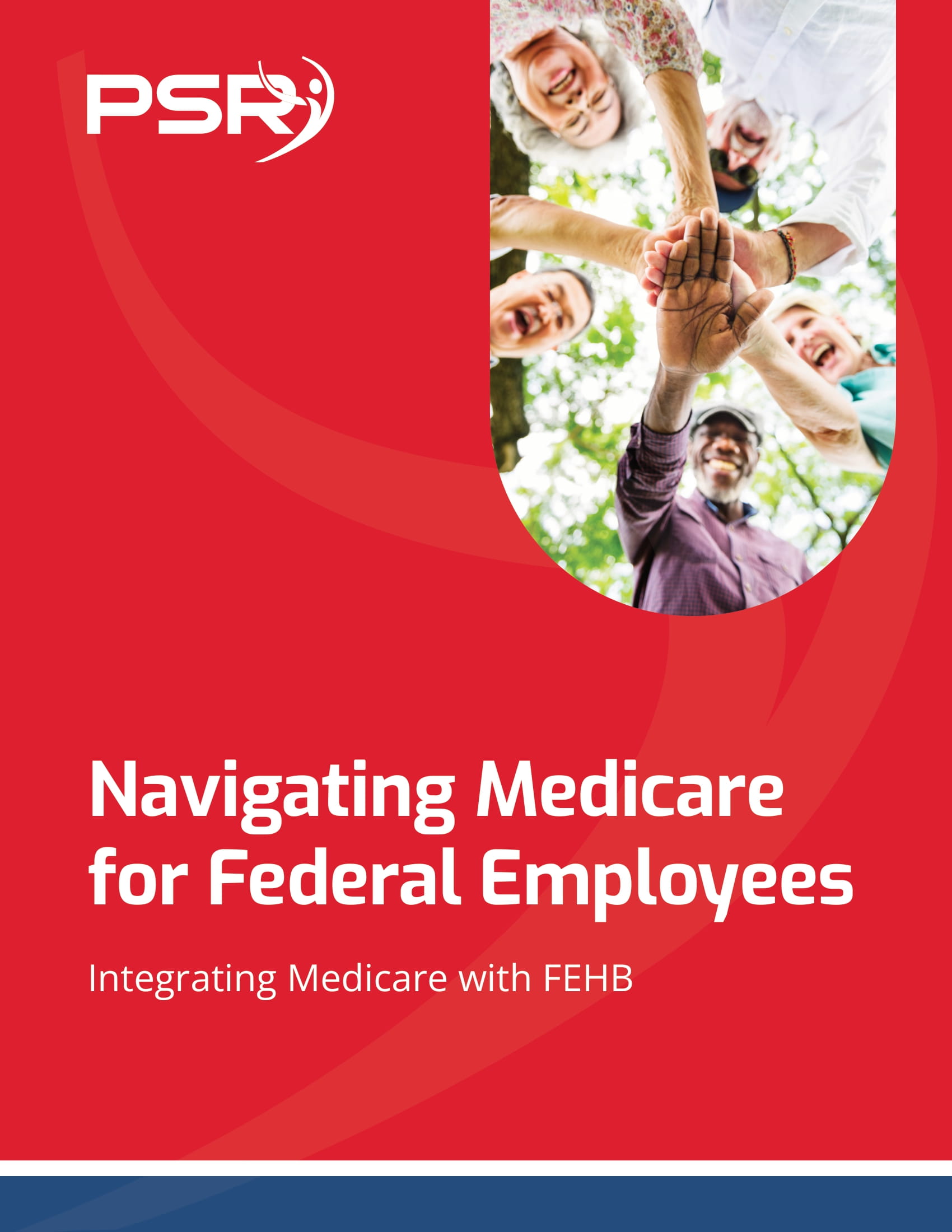Part of the fun of writing about personal finance made me realize how often I’ve messed up with money. While some of my mistakes have been greater than others, they all make me wince; the ones below will cause some readers to facepalm. Perhaps some of you can relate.
In any case, I’m hoping that disclosing this can prevent someone else from making the same mistakes, which could have unfavorable long-term effects. It’s difficult to calculate how much my mistakes as a Generation X adult have cost me. However, it’s safe to assume that I would have more money now if I had made better decisions.
I tried to predict the stock market’s movements since I felt confident in my ability to foresee their future course.
When I realized I could predict the future, I was at least a few decades into adulthood. I sensed the stock market was about to decline and would do so for a while.
This ability to foresee the future first came to my attention when moving money from a previous 401(k) into my then-current retirement account. I deposited the rolled-over money confidently in a money market account, which earned practically 0%. I position myself to profit when the market surges again by buying stocks during the impending market downturn.
Naturally, equities rose in the days and weeks that followed while I awaited the sharp decline.
That never happened.
I waited weeks. The market had already continued its upward trend by the time I was ready to deposit the money in a target date fund heavily focused on equities. But this wasn’t because the market had dropped; I had started to dread missing out then.
I lost out on those profits by keeping my money in cash and whatever compound interest it may have accrued over those months and in the future.
I asked a random coworker for investment advice.
I was a young adult when I initially signed up for a 401(k) plan and knew little about investing.
In other words, I was aware that the stock market often increased over time and was a wise choice for long-term investments, such as retirement savings. What about the details?
So, when I had to select a fund from a list of options for my 401(k) contributions, I researched and found a nearby coworker to ask about her fund choice. She named it off quickly. I concurred with her decision after telling her that it sounded good.
“Hold on a second,” she said. “I don’t want to be held accountable if your investments fail and it affects your retirement.” With a wave of my hand, I dispelled the idea and told her she was the most intelligent person I knew.
This happened so long ago that I can’t recall the performance of the fund or the balance of my account when I eventually transferred the funds to another retirement account.
I didn’t know what I was investing in, which is the point.
For all I knew, the fund I chose was invested in “safe” assets like cash and U.S. Treasury bonds, which would not keep up with inflation or offer the same long-term gain as equities. Also unknown to me was the annual charge schedule for the fund.
In other words, I had no idea if it suited my specific situation.
What defects could there possibly be in a house?
As an adult, I’ve participated in five home acquisitions. One was being sold in “as-is” condition.
My friend always advised me to inspect a home before purchasing a property.
I told her I would and immediately decided to disregard her wise counsel. I reasoned, what use was an inspection if the seller wasn’t going to make any repairs? After all, I had made two thorough inspections before deciding to buy the house, and I hadn’t seen anything wrong.
There are many potential problems with a house and its surroundings, and many of them aren’t apparent at first glance. And repairing them can be very expensive, depending on the circumstances.
I don’t think having the house inspected would have changed my mind about buying the home in question. However, it might have given me more leverage in the price negotiation process. As a result, it would have allowed me to negotiate with tremendous success. I could have avoided paying a ton of unnecessary interest due to the smaller mortgage balance.













